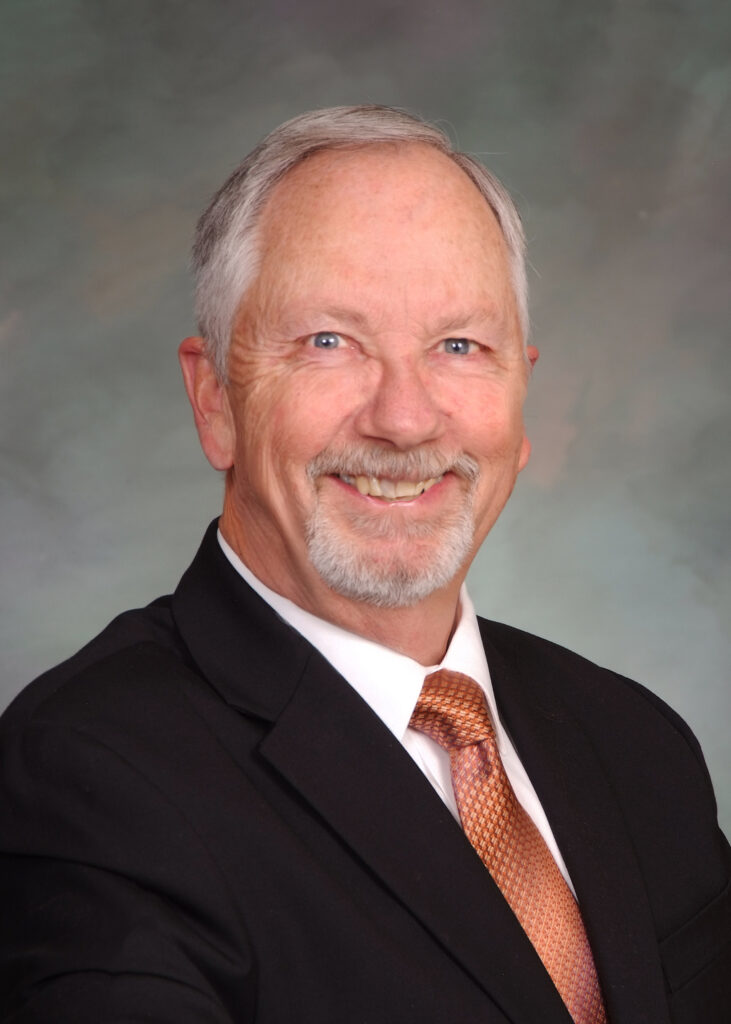Gentry Hiser
Chinook Writer
Following the passing of HB0172: Wyoming Repeal of Gun Free Zones Act, Casper College is preparing for the implementation of concealed carry on campus as of July 1. The bill specifically states that those with a concealed carry permit may lawfully carry inside “any public college or university facility.”
In response, Interim President Dr. Brandon Kosine created an advisory committee to oversee the preparation of the campus for this change.
According to Amanda Nelson, chair of the Faculty Senate and program director for paralegal studies at CC, “There’s going to have to be some decisions made on how we move forward as a campus.”
Nelson mentioned some areas where decisions are necessary, such as if security is now going to be armed and how weapons will be stored when off person in the residence hall. Currently, security on campus is unarmed and weapons are not permitted inside the residence halls, according to House District 36 Representative and instructor of criminal justice and political science at CCe, Art Washut.
The repeal of gun-free zones was not unexpected. Last year, the bill passed both the House and Senate but was vetoed by Governor Mark Gordon. This year, the Governor allowed it to come into law without his signature.
“All of the college presidents [and] the community college commission all worked together to present a unified front down in Cheyenne,” Nelson said. “We’re very involved, very vocal about what exemptions should be included.”
Nelson specified that many of the colleges hoped that firearms would not be allowed in residence halls, at sporting events, or at administrative or procedural events such as Title IX hearings. As far as exemptions included in the actual bill, campus events serving alcohol and locations containing volatile or explosive material are among the few exemptions listed that are not already prohibited under other Wyoming laws.
“There’s still a lot that’s up in the air, and I think that’s the hardest part,” Nelson said. The implementation of HB0172 led to apprehension of the changes yet to come, especially pertaining to safety following the permittance of guns on campus.
Abby Bishop, education instructor on campus and counselor-in-training at the Casper College Wellness Center, comes to the college with 20 years of K-12 teaching experience. Bishop shared that her perspective on concealed carry comes from a background in neuroscience and how people perceive safety. She said the first thing the brain does when entering a room or different environment is scan for safety.
“When I walk into a room and I know there is a possibility of a weapon in the room, it’s hard to feel safe,” Bishop said.
However, the common idea that guns have been previously disallowed on campus is inaccurate, according to Washut. Washut said that at this time, there are no measures in place to ensure that people on campus are not already concealed carrying.
Bishop referenced signage at school entrances banning guns that schools will now remove.
“It’s not about it being the literal law. It’s that when you remove the actual ban in general — there is a perceived sense of un-safety,” said Bishop.
Washut was a member of the legislature who co-sponsored HB0172. Interim President Kosine asked Washut to sit on the advisory committee for the preparation of the presence of concealed carry on campus.

Art Washut is an instructor at Casper College and a Wyoming house representative. He spoke with the Chinook about concealed carry coming to campus in July.
Washut said that before his entrance into the legislature in 2019, “We had a law that said concealed carry permits were not valid, but we had nothing about open carry.” Casper College’s own policy, according to Washut, detailed that students and faculty could not openly carry on campus, but this was not similarly applicable to the public. Due to this, Washut said he requested language in the bill permitting colleges to create policies regarding the storage of weapons when not on one’s person as a concealed carry. This was included in the bill.
“We don’t want to have a campus that feels like a prison where you have to get strip searched to come to class every day, right? But that’s what you’d have to have if you wanted to significantly increase your level of actual security as opposed to your perceived safety,” Washut said.
Bishop stressed that the purpose of taking classes is to learn, and people can’t learn if they don’t feel safe. In her words, people’s baseline for feeling safe is different based on their past experiences and potential traumas.
Bishop said, “Whether we see it physically or not — it’s about perception.”
Washut cited his feeling that gun-free zones are highly ineffective, along with his appreciation of Wyoming’s constitution — especially Article I Section 24, “Right to Bear Arms” — as his reasoning for his support of HB0172.
Bishop responded to the rhetoric that people may already be carrying concealed anyway.
“People are carrying anyway — while that may be true—[the] system used to be able to say at least there is a safeguard for me that’s been put in place,” Bishop said.
Moving forward, CC’s repeal of gun-free zones committee must concern themselves with safety on campus.
“The college has a group called the Blue Moon Consulting Group who is from Colorado, and they specialize in safety protocols, procedures,” Nelson said.
The group came to campus in March to conduct a comprehensive study of security protocols. Nelson suspects that the consulting group’s visit will serve to develop a plan on how to navigate the situation going forward.
In an effort to avoid confusion and misinformation regarding concealed carry, Nelson said, “We’ve all tried to be careful not to present information as the answer when we don’t know that it’s going to be that actual answer.”
She maintained that the college is not choosing a side, but instead choosing the best way forward while acting in accordance with the law.
“There’ll be a lot of concern up front, people thinking that terrible things are going to occur as a result, but over time those fears will dissipate,” Washut said.
A tragic event could happen just as well today as in the time following this bill coming into effect, Washut continued.
He cited the implementation of a similar policy with the University of Utah school system as an event that did not contribute to a mass migration of students either leaving or seeking enrollment with the school, and suspects the same to be true for CC.
“Transparency is key,” Nelson said.
She said that in terms of faculty retention and recruitment, the college will have to be open about the right to bear arms on campus being enshrined in law. People applying for positions with CC will likely have to be notified of HB0172, she said.
According to Nelson, “We just move forward with what we have presented to us and do the best we can with that while being as respectful as we can.”

